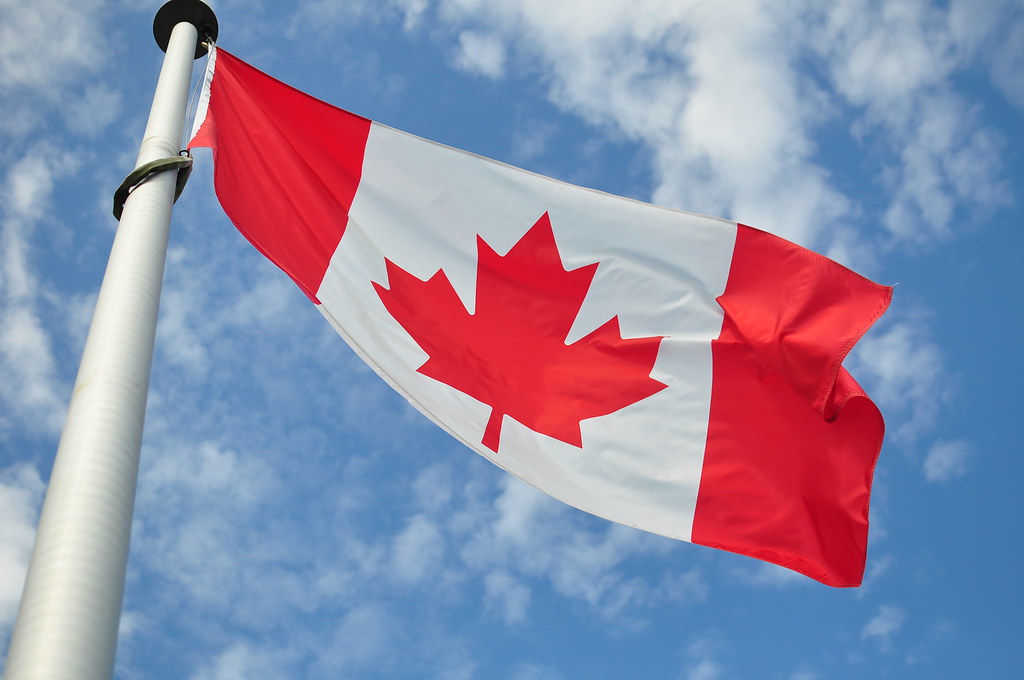
In a decisive response to U.S. tariffs imposed on automobile imports, the Canadian government has announced plans to support local businesses affected by these financial measures. On April 3, President Trump signed a 25 percent tariff on every vehicle brought into the United States. This decision sent a real shudder down the spine of the North American auto industry. In particular, the tariffs have increased concerns over cost increases and supply chain disruptions in the integrated global supply chains that define the industry.
Canada’s Plan to Mitigate the Impact
The Canadian government, led by Federal Finance Minister François-Philippe Champagne, is stepping in to mitigate the negative impact of these tariffs. In response to calls from the industry, Ottawa recently announced their plan to introduce a six-month nationwide temporary tariff holiday. This holiday would cover imported U.S. goods utilized in Canadian manufacturing, processing and food and beverage packaging. This important initiative will go a long way to reducing the financial pressure being felt by Canadian producers, and to ensuring grocery prices remain competitive.
The ripple effects of Trump’s tariffs have unsettled the automobile sector across North America, particularly given the industry’s interconnected nature. As Prime Minister Mark Carney noted, “The North American automobile sector is the most integrated industrial manufacturing sector in the world, particularly the Canadian-U.S. auto sector.” That deep integration makes it so vehicles typically cross the Canada-U.S. border several times during production.
Under an Interim Order, Ottawa is providing a tariff holiday for imported zero-emission vehicles. These U.S.-assembled cars, in full CUSMA make, can now be imported without incurring the countermeasure tariffs that Canada had previously applied in retaliation to Trump’s duties. If Canadian production or investment drops, so too does the number of tariff-free vehicles that a company may import. This big cut will even reach into their foreign import arms.
This Leger poll was conducted between April 11 and April 13. It further demonstrates that an overwhelming majority of Canadians are concerned about the potential financial impacts of these damaging tariffs. The survey sampled 1,630 Canadian adults and 1,007 American adults, indicating that 87 percent of Canadian respondents believe the new tariffs will impact their personal finances, compared to 78 percent of Americans. Though the poll was done completely online, it does not come with a traditional margin of error.
Concerns About Auto Part Tariffs
The introduction of tariffs on auto part imports to the U.S. is set to take effect no later than May 3. Carney is suspicious about how these duties will be integrated. He’s not at all confident they’ll go ahead this time.
The automotive industry has experienced shifts since Mexico joined the continental market under the North American Free Trade Agreement in the 1990s. During the course of Trump’s first administration, CUSMA was created to replace the NAFTA agreement. This legal change already meant that as trade dynamics shifted, protections for the auto sector were further strengthened.
The reactions from politicians of both stripes—Democrats and Republicans—toward Trump’s actions have been stinging. Conservative Leader Pierre Poilievre condemned the tariffs, asserting, “Trump deserves nothing but condemnation for the unfair targeting of Canada.” White House Press Secretary Karoline Leavitt hailed U.S. support for Canadian defense. In response to that question, she provided an interesting lens through which to view the state of affairs between the two countries.
Author’s Opinion
Canada’s proactive approach to counter the U.S. tariffs with a temporary tariff holiday is a smart move that not only helps protect the auto industry but also supports the broader Canadian economy. By providing targeted relief to local businesses and easing supply chain pressures, Canada ensures that it can maintain competitiveness in a difficult economic climate. This response underscores the importance of maintaining strong economic ties with the U.S., especially in industries as interconnected as the automobile sector.
Featured image credit: Alirod Ameri via Flickr
Follow us for more breaking news on DMR
